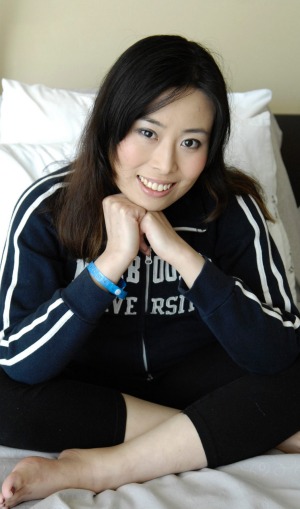NSW bans the commercial use of solariums
Source: The Sydney Morning Herald, December 2014
Sara Cuneo felt much more confident with a bit of colour. Working long hours at her corporate marketing job in Alexandria, she would often slip into the solarium at lunchtime to work on her tan. On holidays on the Gold Coast with her husband, they would seek out apartments that had sauna and solarium facilities.
“Essentially, our holiday was focused around getting a tan", Ms Cuneo said.
After emerging from a routine visit to the solarium with burnt skin nine years ago, Ms Cuneo became concerned about the risks associated with the cosmetic treatment, and decided to put a stop to her tanning-bed sessions. Today, her spray-tan business on Toowoon Bay services former solarium users who have opted for spray tans upon the advice that it’s a safer alternative.
“Spray-tans have come a long way in the past five years", Ms Cuneo said.
A ban on the commercial use of solariums will come into effect in NSW from Wednesday, December 31. It will be illegal to offer anyone in NSW UV tanning services for cosmetic purposes for a fee or reward. Offences will carry fines of up to $44,000.

Source: The Sydney Morning Herald
The ACT, Victoria, South Australia and Queensland will ban the practice from the beginning of 2015.
According to the Cancer Council’s National Sun Protection survey, released in November, the majority of Australian adults (76 per cent) support the ban on solariums. The survey, which sampled 6349 Australians, found that less than 1 per cent had used a solarium in the past 12 months.
But Maggy Der Bedrossian, the owner of a spray-tanning business in Bondi Junction, said she receives as many as 20 phone calls a fortnight from people who are searching for solarium facilities.
Anti-solarium campaigner and melanoma sufferer Jay Allen has applauded the NSW Government for implementing the ban. Allen was diagnosed will stage 3 melanoma in 2007. He was told by surgeons who treated him at the time that his history of sun-bed tanning – which included undergoing 20-30 sun-bed sessions between 2005 and 2007, many of which were doubles sessions – is likely to have contributed to the severity of his disease.
According to the Cancer Council NSW “those who use a solarium before the age of 35 have a 59 per cent greater risk of melanoma than those who do not."
“I’ve lost many of my friends from skin cancer, and my own life is still at risk", Mr Allen said.
“I like to think I have finished what was started by Clare Oliver," said Mr Allen, after six years of campaigning for the ban. Miss Oliver died from melanoma in 2007, at age 26. She had a history of tanning bed use and spent the final years of her life warning the public about the risks associated with solariums.
Solarium business owners have criticised the government’s handling of the ban, saying the move is likely to stimulate an unregulated black market of tanning-bed operators. Under the The UV Tanning Units Disposal Scheme, introduced in 2013, eligible solarium businesses receive $1000 for each sun-bed collected and disposed of by a licensed specialist waste operator. Commercial-grade machines are being advertised in NSW on popular online trading websites Gumtree and Ebay for between $900 and $8000 dollars.
Attitudes towards sun tans are changing among young Australians, according to The Cancer Council’s National Sun Protection survey. It found 38 per cent (aged 12-17 years) like to get a sun tan, compared to 60 per cent 10 years ago. The Cancer Council of NSW recommends the use of fake tan, in place of solariums, for those who still wish to achieve a tanned-skin look.
